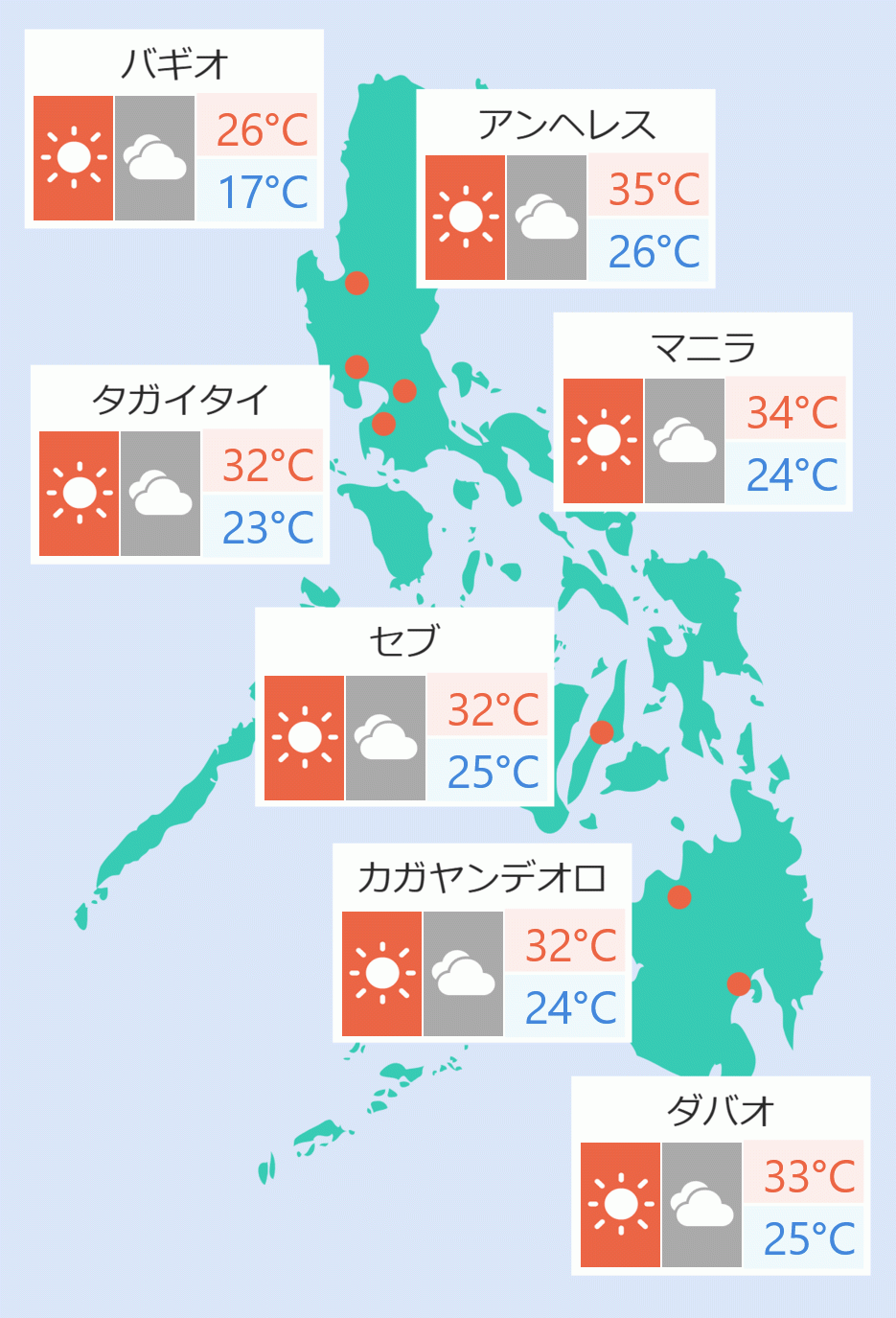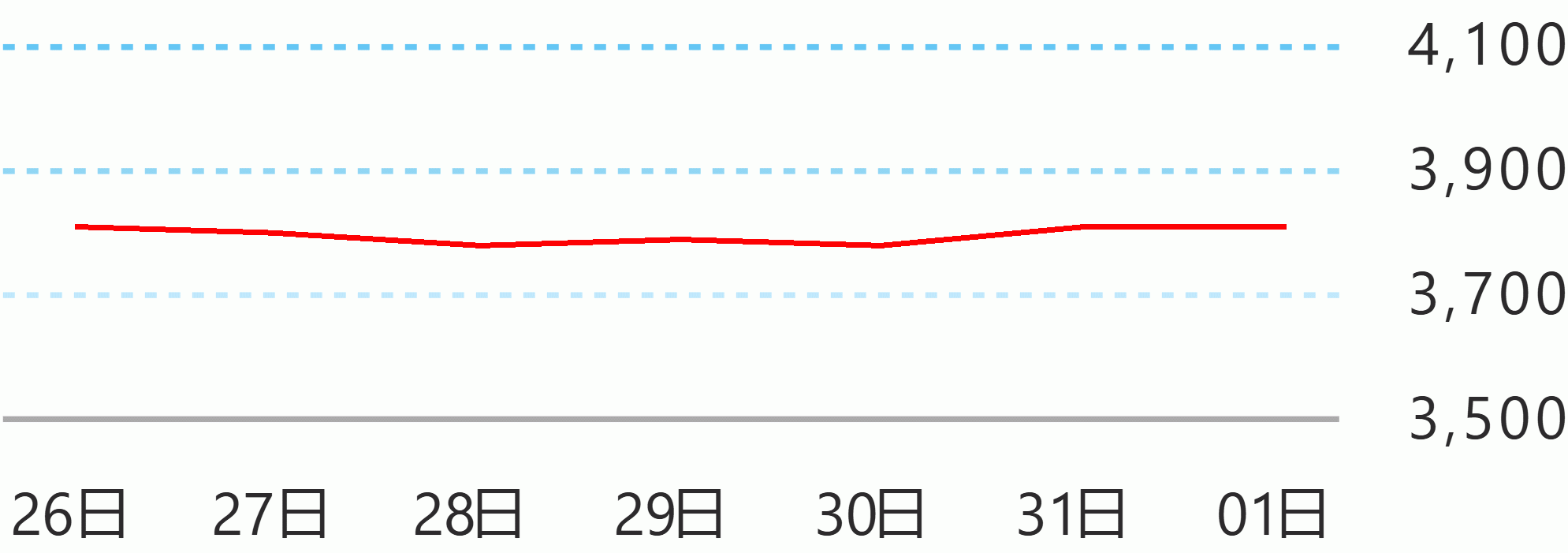By Robina Asido
The Philippine government reiterates that it follows the One China policy and the nine sites under the Enhanced Defense Cooperation Agreement with the United States is not targeted at any country.
The Department of National Defense (DND) said "the Philippines observes the One China Policy and maintains the ASEAN principle of non-interference in approaching regional issues" after China urged the country to oppose the supposed "Taiwan independence".
In a statement issued on Saturday, Asst. Director General Jonathan Malaya, National Security Council (NSC) spokesman, said the Philippines has no intention of interfering in the Taiwan issue.
Malaya said the Philippines will not allow itself to be used by other countries to interfere in the issue as claimed by the Chinese Ambassador to the Philippines in a forum in Manila.
"National Security Adviser Eduardo M. Año has made our position clear that the increased security cooperation between the Philippines and the United States is meant to develop and strengthen the capabilities of the Armed Forces of the Philippines (AFP) to enable it to protect and defend the territory of the Philippines and is not meant to contain or counter any nation in the region or to interfere in another nation’s affairs," he said.
"The Philippines is primarily concerned about improving its defense capability, modernizing our equipment and assets, and developing our infrastructure. These are the primary reasons why we are increasing our security cooperation with the United States under the 72-year old Mutual Defense Treaty between our two countries," he added.
Arsenio Andolong, spokesman of the Department of National Defense, said it ''takes exception to the statement of Chinese Ambassador to the Philippines Huang Xilian that the Philippines is meddling in the internal affairs of China concerning Taiwan."
"We reiterate that our primordial concern in Taiwan is the safety and well being of the Filipinos living and working on the island. Amid the tensions in the Cross Straits, however, the Department deems it prudent to prepare for any contingencies to ensure the safety of Filipinos overseas, especially those based in Taiwan," he added.
In his message at the 8th Manila Forum on Friday, Huang said "obviously, the US intends to take advantage of the new EDCA sites to interfere in the situation across the Taiwan Strait to serve its geopolitical goals and advance its anti-China agenda at the expense of peace and development of the Philippines and the region at large."
Huang urged the Philippine government to oppose the supposed "Taiwan independence" by not giving American troops access to Philippine military bases if it "cares genuinely about the 150,000 OFWs (overseas Filipino workers)" in Taiwan.
Huang made an appeal saying that "some tried to find excuse for the new EDCA sites by citing the safety of the 150,000 OFWs in Taiwan, while China is the last country that wishes to see conflict over the Strait because people on both sides are Chinese."
Andolong also noted that "in the midst of the complex regional security landscape, the DND seeks to improve the Philippines' defense capabilities through all the means available" including the implementation of the EDCA.
"The implementation of EDCA is not directed against any country and is in line with our efforts to modernize our alliance and enable collective defense and peace, promote our national interest, protect our national sovereignty, ensure the livelihood and welfare of our fisherfolk and communities, and enhance our capability to respond to emergencies and disasters, as well as provide humanitarian assistance," he said.
"Thus, we reiterate our appeal to all concerned parties and states to adhere to the rule of law and diplomacy in managing differences. The Philippines shall continue to advocate for peace, mutual respect and endeavor to protect and uphold our national and global interests," he added.
Andolong said "the Chinese Ambassador also likened the situation in Taiwan to the concerns in Mindanao."
"We wish to emphasize that the issues are different from each other. The whole context and rich experience of our peace process in Mindanao, which allowed the participation of the international community (Malaysia, EU, Turkey, Japan, Brunei, Australia, Sweden, Norway, UK, Germany, UN Organizations, JICA and other international organization), is aligned with the Philippines' position of resolving disputes peacefully," he said. DMS





 English
English










